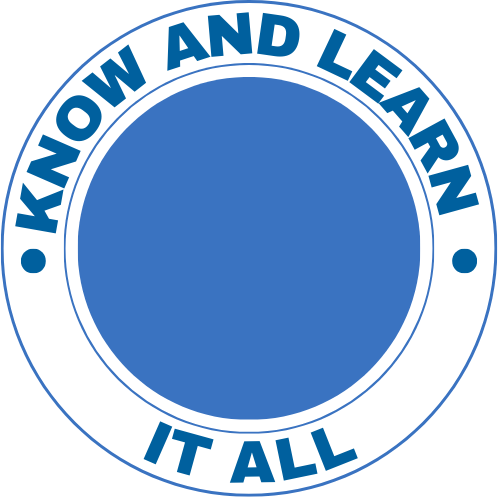In the realm of education, a paradigm shift has been underway for quite some time. It’s a shift that recognizes the importance of not only nurturing academic skills but also fostering emotional intelligence and social competence in students. This holistic approach to education is encapsulated in the concept of Social-Emotional Learning (SEL).
Social-Emotional Learning is a framework that encompasses the development of crucial life skills such as self-awareness, self-management, social awareness, relationship skills, and responsible decision-making. These competencies are integral to navigating the complexities of human interaction and thriving in various aspects of life.
At its core, Social-Emotional Learning acknowledges that education extends beyond the confines of textbooks and classrooms. It acknowledges the fundamental truth that emotional well-being is intrinsically linked to academic success and overall life satisfaction. By prioritizing the cultivation of emotional intelligence alongside traditional academics, educators aim to equip students with the tools they need to succeed not just academically, but in all facets of life.
One of the foundational pillars of Social-Emotional Learning is self-awareness. This involves understanding one’s own emotions, strengths, weaknesses, values, and goals. Self-aware individuals are better equipped to recognize their emotions as they arise, understand their triggers, and regulate their responses effectively. This self-awareness lays the groundwork for personal growth and development, enabling individuals to make informed decisions and navigate life’s challenges with resilience.
Moreover, Social-Emotional Learning emphasizes the importance of self-management – the ability to regulate one’s emotions, thoughts, and behaviors in different situations. This skill is particularly vital in today’s fast-paced world, where individuals are constantly bombarded with stimuli that can trigger stress, anxiety, or anger. By developing self-management skills, students learn strategies to cope with stress, stay focused, and maintain a positive outlook even in the face of adversity.
Equally essential is social awareness, which involves understanding and empathizing with others’ perspectives and emotions. In an increasingly diverse and interconnected world, the ability to navigate social interactions with empathy and cultural sensitivity is paramount. Socially aware individuals are better equipped to build meaningful relationships, resolve conflicts peacefully, and collaborate effectively in diverse environments.
Furthermore, Social-Emotional Learning emphasizes the importance of nurturing healthy relationships and effective communication skills. Strong interpersonal skills enable individuals to connect authentically with others, build trust, and cultivate a supportive network of friends, family, and colleagues. Moreover, effective communication is the cornerstone of successful collaboration, leadership, and conflict resolution – essential skills for navigating both personal and professional relationships.
Finally, responsible decision-making is a crucial component of Social-Emotional Learning. This entails considering ethical implications, weighing consequences, and making choices that align with one’s values and goals. By empowering students to make informed, ethical decisions, educators help them become responsible, conscientious individuals who contribute positively to their communities and society at large.
The benefits of Social-Emotional Learning extend far beyond the classroom. Research has consistently shown that students who participate in SEL programs demonstrate improved academic performance, better behavior, and enhanced social skills. Moreover, they are less likely to engage in risky behaviors such as substance abuse or violence and are more likely to graduate from high school and pursue higher education.
But perhaps even more compelling are the long-term implications of Social-Emotional Learning. Studies have found that individuals with strong social-emotional skills are more likely to experience success and satisfaction in various domains of life, including career, relationships, and overall well-being. By investing in Social-Emotional Learning, we are not only shaping the future of education but also nurturing the next generation of compassionate, resilient, and empathetic leaders.
In conclusion, Social-Emotional Learning represents a paradigm shift in education – one that recognizes the intrinsic link between emotional intelligence, academic success, and overall well-being. By fostering the development of essential life skills such as self-awareness, self-management, social awareness, relationship skills, and responsible decision-making, educators empower students to thrive in a complex and ever-changing world. As we continue to explore the power of Social-Emotional Learning, we are not only nurturing hearts and minds but also laying the foundation for a more compassionate, equitable, and prosperous society.

